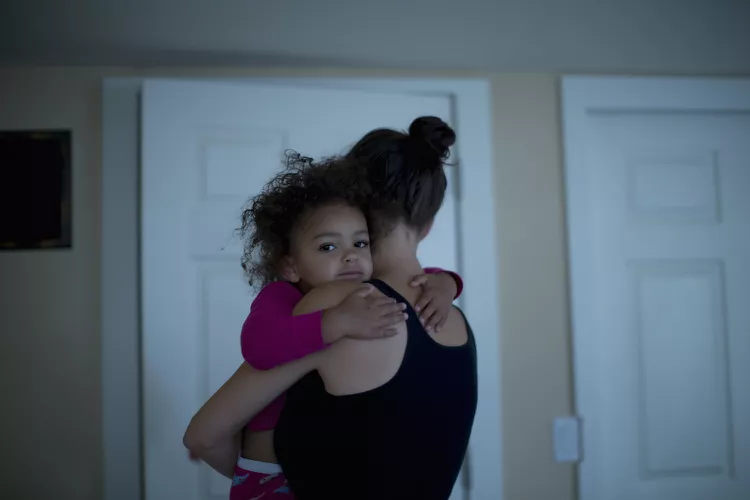Dangerous Sleep Aid? Unsupervised Melatonin Use in Young Children
Share IT

Launch Your Dream Website with Us!
Click Here to Get in touch with Us.
Categories
Unsupervised Melatonin Use in Children
Unmonitored Ingestion of Melatonin by Young Children: An American Concern
The use of melatonin, a hormone the body naturally produces to control sleep-wake cycles, as a sleep aid has grown in popularity. But a new study from the Centres for Disease Control and Prevention (CDC) worries about an increase in ED visits in the US brought on by young children consuming melatonin unsupervised.
Table of Contents

Frequency of Ingesting Melatonin Unsupervised
Unsupervised Melatonin Use in Children
In “Notes from the Field: Emergency Department Visits for Unsupervised Paediatric Melatonin Ingestion — United States, 2019–2022,” a CDC report, data from 2019 to 2022 was examined. An estimated 10,930 trips to emergency rooms were made by children under the age of five who had accidentally consumed melatonin, according to their findings. This corresponds to about 7% of all ED visits during that time period for unsupervised medication exposure involving this age group.
These figures demonstrate a worrying pattern of young toddlers being exposed to more melatonin. Although acceptable dosages of melatonin are usually regarded as safe for adults, children’s unsupervised access to the drug may be hazardous to their health.
Most Affected Age Group
Unsupervised Melatonin Use in Children
The age range that is most vulnerable to melatonin administration without supervision is also disclosed in the paper. 52.4% of the cases included children ages 3 to 5 at some point. Because of their innate curiosity and propensity to investigate their environment, children in this age group are especially vulnerable. Products containing melatonin, particularly those in chewable or gummy form, may be mistaken for candies and inadvertently consumed.
Products with Flavours: A Contributing Factor
Unsupervised Melatonin Use in Children
A possible contributing reason, according to the CDC analysis, is the increasing availability of flavoured melatonin products, especially gummies. Although the majority of these products are made with adults in mind, small toddlers may find them appealing due to their candy-like appearance. To overcome this issue, safer storage procedures and packaging that discourages youngsters from accidentally ingesting it are essential.
Hospitalisation rates and health outcomes
Unsupervised Melatonin Use in Children
Thankfully, the data shows that most cases of melatonin use without supervision did not lead to significant health issues. More than 93% of the kids in question didn’t need to be admitted to the hospital. But even minor symptoms like nausea, dizziness, or tiredness can worry parents and necessitate an evaluation at the emergency room.
Parental Preventive Actions
Unsupervised Melatonin Use in Children
The significance of safe storage procedures for all drugs, including melatonin, is emphasised in the CDC paper. Parents can take the following important preventive actions:
Melatonin and any other drugs should be kept out of children’s sight and reach. This entails keeping prescription drugs in their original containers and utilising cabinets with childproof locks.
Steer clear of flavoured melatonin products—especially the gummy kind. If your youngster need melatonin, choose chewable tablets or capsules without flavour.
Consult your paediatrician about your child’s recommended melatonin dosage. There is no one-size-fits-all melatonin dosage; instead, it varies based on age and personal requirements.
Never administer punishment using melatonin. Consistent routines and good sleep hygiene are more beneficial for children’s long-term sleep management.
In summary
Unsupervised Melatonin Use in Children
When taken as directed, melatonin can help adults and some kids fall asleep. But the surge in young children consuming unsupervised substances emphasises the need for greater knowledge and instruction. Parents may choose the right melatonin formulation, follow storage guidelines, speak with a paediatrician, and help keep their kids safe while ensuring everyone gets a good night’s sleep.

Launch Your Dream Website with Us!
Click Here to Get in touch with Us.





























































Recent Comments